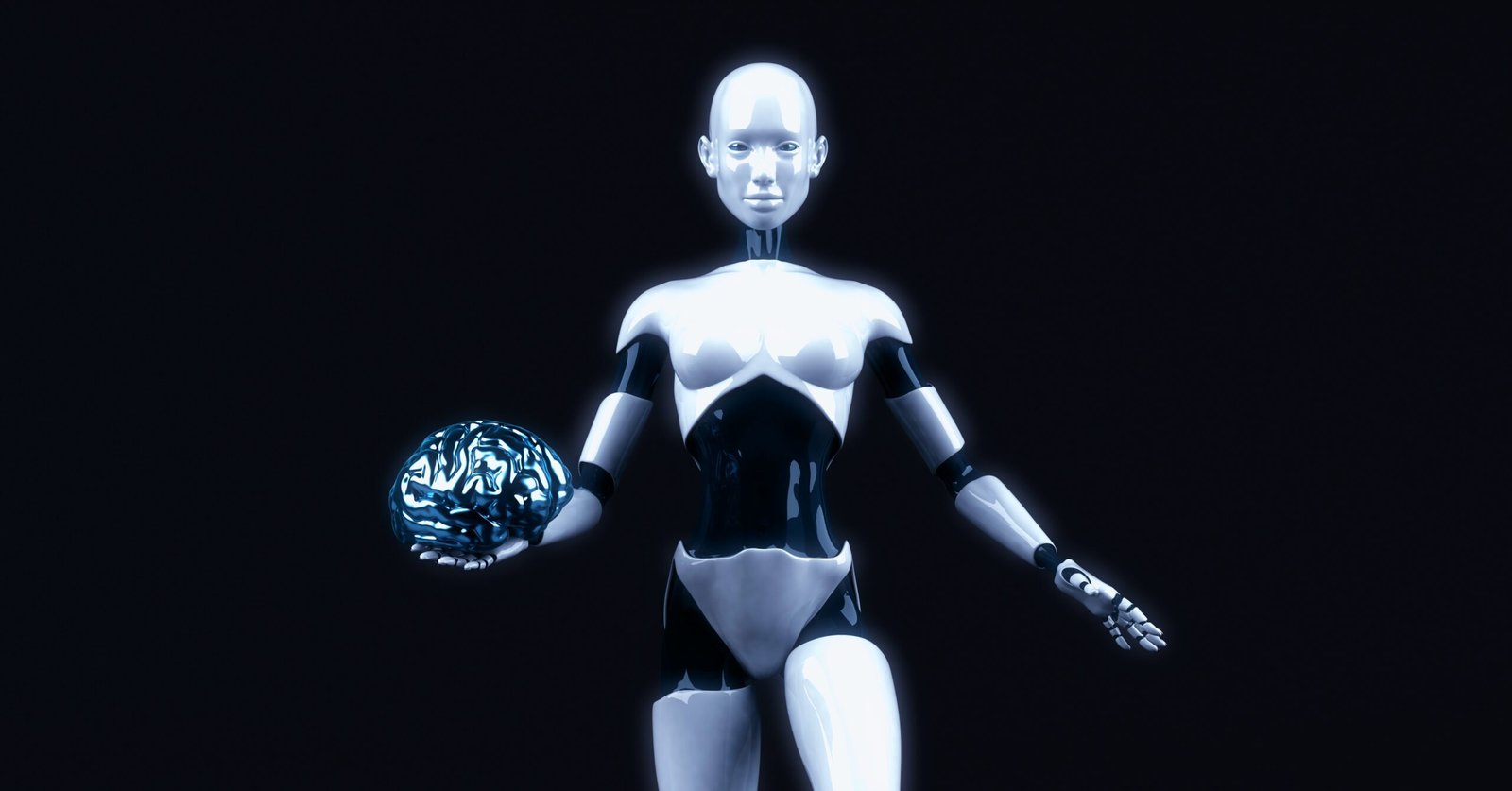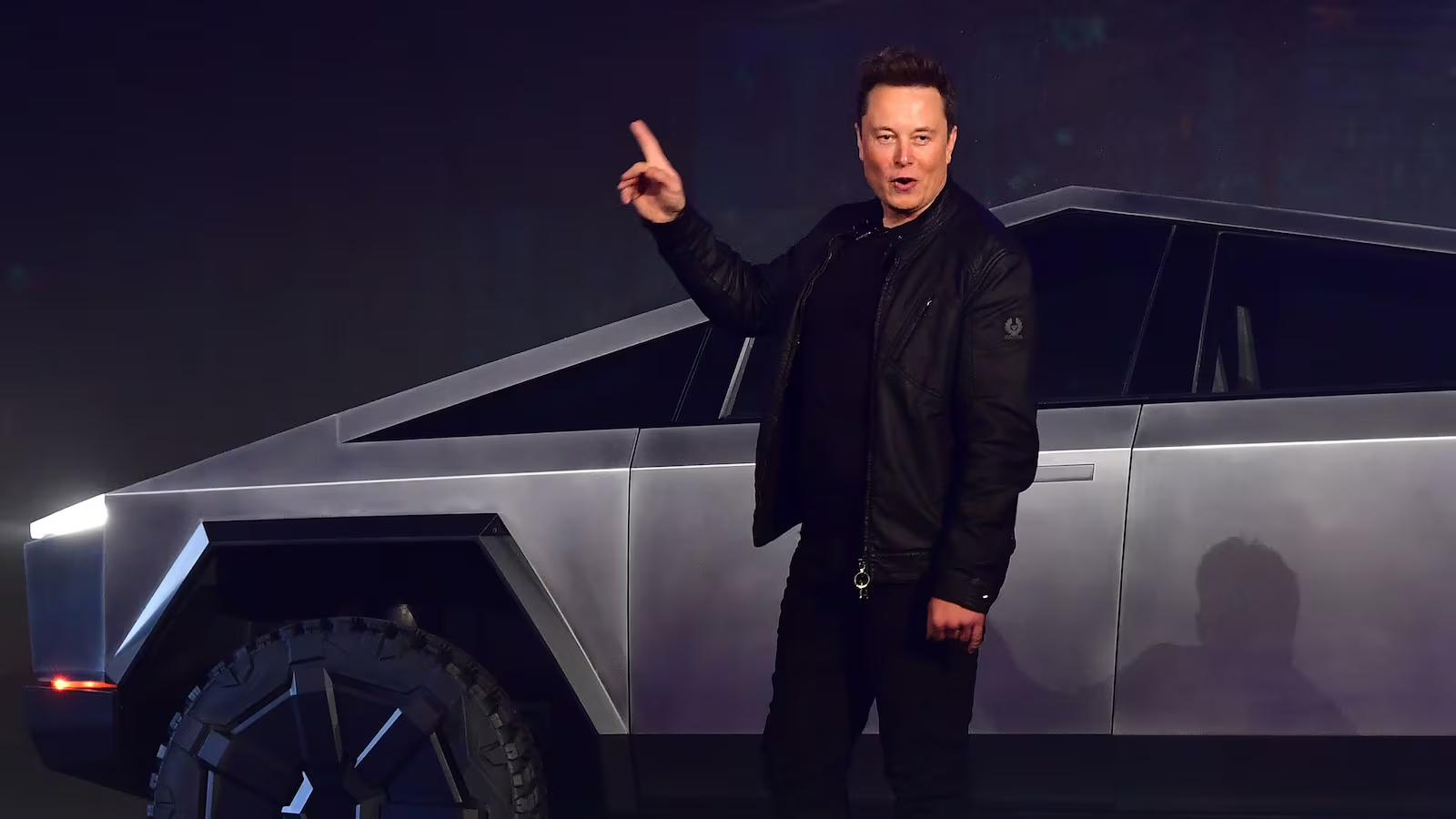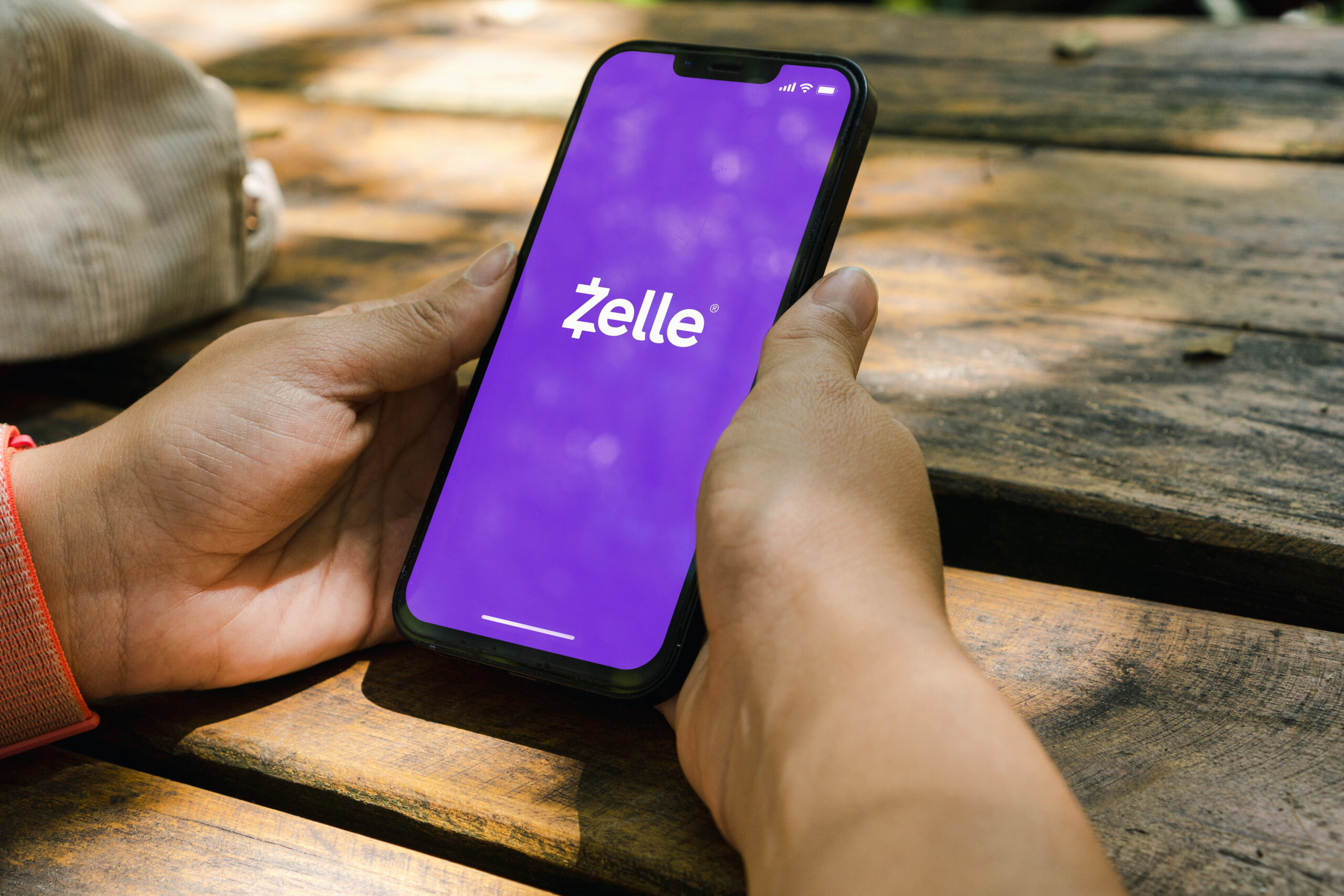In recent developments, a tech startup, Catch+Release, is crafting an AI-driven search engine designed to assist brands in licensing existing user-generated content. This innovation emerges amidst broader industry movements where giants like OpenAI are actively negotiating licensing deals with major media publishers, offering substantial sums to utilize their content for training AI models. Apple has similarly entered the discourse, seeking to secure expansive rights over news content, albeit with higher compensation proposed.
The urgency for such licensing frameworks has been exacerbated by legal challenges faced by AI developers, notably OpenAI, which faced a lawsuit from the New York Times over unauthorized use of its articles for AI training. This scenario underscores a burgeoning need for explicit consent and ethical guidelines in the utilization of copyrighted content within AI development, prompting companies to reevaluate their content sourcing strategies. Not only does this move aim to mitigate legal risks, but it also paves the way for more sustainable relationships between tech companies and content creators.
Key Points
- AI-driven Licensing: Catch+Release is developing technology to streamline the process of licensing user-generated content for AI applications.
- Major Negotiations: Companies like OpenAI and Apple are engaging with media publishers to license content, setting financial stakes high to ensure compliance and collaboration.
- Legal and Ethical Considerations: Recent lawsuits highlight the critical need for clear licensing agreements and respect for copyright laws within the AI industry.
As the demand for AI training data intensifies, tech companies, from startups like Catch+Release to industry behemoths such as OpenAI and Apple, are navigating the complex terrain of media content licensing. These efforts aim not only to foster innovation but also to adhere to ethical standards and copyright laws. The evolving partnerships and negotiations underscore a pivotal shift towards more transparent and mutually beneficial relationships between AI developers and content creators, ensuring that advancements in technology proceed with respect for intellectual property rights.










Add Comment